Filter by
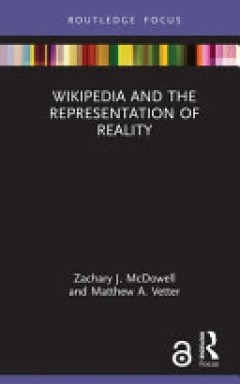
Wikipedia and the representation of reality
A contemporary examination of what information is represented, how that information is presented, and who gets to participate (and serve as gatekeeper) in the world's largest online repository for information, Wikipedia. Bridging contemporary education research that addresses the 'experiential epistemology' of learning to use Wikipedia with an understanding of how the inception and design of th…
- Edition
- -
- ISBN/ISSN
- 9781003094081
- Collation
- xviii + 122 p
- Series Title
- -
- Call Number
- 030 ZAC w
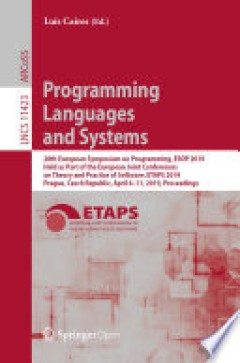
Programming Languages and Systems 28th European Symposium on Programming, ES…
This open access book constitutes the proceedings of the 28th European Symposium on Programming, ESOP 2019, which took place in Prague, Czech Republic, in April 2019, held as Part of the European Joint Conferences on Theory and Practice of Software, ETAPS 2019.
- Edition
- -
- ISBN/ISSN
- 9783030171841
- Collation
- XV, 816
- Series Title
- -
- Call Number
- QA76.76.C65 LUI p
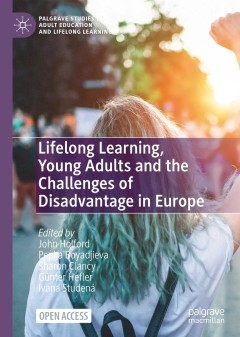
Lifelong Learning, Young Adults and the Challenges of Disadvantage in Europe
This open access book challenges international policy ‘groupthink’ about lifelong learning. Adult learning – too long a servant of business competitiveness – should be reimagined as central to democratic society. Young adults, especially from disadvantaged backgrounds, engage more in education and training, and learn more day-to-day at work, if provision is democratically organised and …
- Edition
- -
- ISBN/ISSN
- 9783031141096
- Collation
- xxxviii, 467p. : ill.
- Series Title
- -
- Call Number
- 374 LIF l
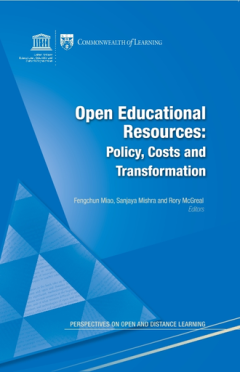
Open Educational Resources: Policy, Costs and Transformation
The Open Educational Resources (OER) movement has grown substantially since the term was first adopted at UNESCO’s 2002 Forum on the Impact of Open Courseware for Higher Education in Developing Countries (UNESCO, 2002). Since then, there has been a significant increase in the development, use and sharing of OER as more and more governments and institutions come to realise their value. OER can…
- Edition
- -
- ISBN/ISSN
- -
- Collation
- xv, 231p : ill.
- Series Title
- -
- Call Number
- 681.14 OPE
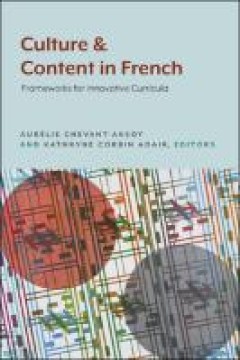
Culture and content in French : frameworks for innovative curricula
Instructors in today’s language classrooms face the challenge of preparing globally competent and socially responsible students with transcultural aptitude. As classroom content shifts toward communication, collaboration, and problem solving across cultural, racial, and linguistic boundaries, the teaching of culture is an integral part of foreign language education. This volume offers nontrad…
- Edition
- -
- ISBN/ISSN
- 9781643150253
- Collation
- viii, 376p ;ill.
- Series Title
- -
- Call Number
- 448.0071 CHE c
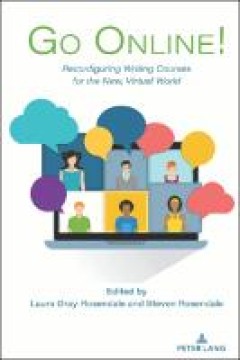
Go online! : reconfiguring writing courses for the new, virtual world
COVID-19’s impacts revealed that teaching writing online was no longer merely an issue of convenience or economic necessity—it was critical to public health and equity concerns as well. Now higher education faces one of its greatest historical challenges, expanding online offerings to fully engage and support students around the world. Gathering together educators who teach writing at colle…
- Edition
- -
- ISBN/ISSN
- 9781433187971
- Collation
- ix, 226p ; ill.
- Series Title
- -
- Call Number
- 808.0420785 GRA g
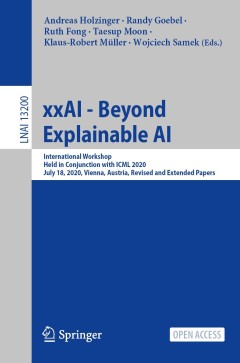
XxAI - beyond explainable AI : International Workshop, Held in Conjunction wi…
Statistical machine learning (ML) has triggered a renaissance of artificial intelligence (AI). While the most successful ML models, including Deep Neural Networks (DNN), have developed better predictivity, they have become increasingly complex, at the expense of human interpretability (correlation vs. causality). The field of explainable AI (xAI) has emerged with the goal of creating tools and …
- Edition
- -
- ISBN/ISSN
- 9783031040832
- Collation
- x; 397 PG; ill.
- Series Title
- Lecture Notes in Computer Science
- Call Number
- 006.3 XXA x
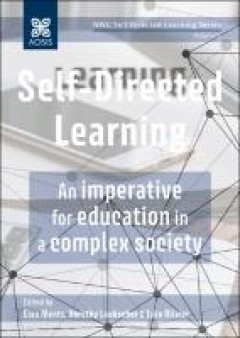
Self-directed learning : an imperative for education in a complex society
This book on self-directed learning (SDL) is devoted to original academic scholarship within the field of education, and is the 6th volume in the North-West University (NWU) SDL book series. In this book the authors explore how self-directed learning can be considered an imperative for education in a complex modern society. Although each chapter represents independent research in the field of s…
- Edition
- -
- ISBN/ISSN
- 9781776341603
- Collation
- xxxv, 312p.; ill.
- Series Title
- -
- Call Number
- 374 SEL s
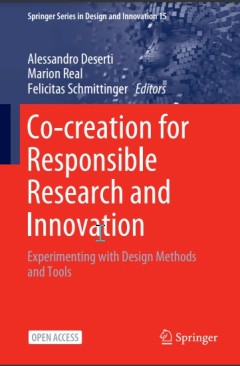
Co-creation for responsible research and innovation : experimenting with desi…
This open access book summarizes research being pursued within the SISCODE (Society in Innovation and Science through CO-DEsign) project, funded by the EU under the H2020 programme, the goal of which is to set up an analytical, reflective and learning framework to explore the transformations in initiatives and policies emerging from the interaction between citizens and stakeholders. The book pr…
- Edition
- 1
- ISBN/ISSN
- 9783030787332
- Collation
- viii; 168p; ill
- Series Title
- -
- Call Number
- 658.5752 CRE A

Ancient knowledge networks : a social geography of cuneiform scholarship in f…
Ancient Knowledge Networks is a book about how knowledge travels, in minds and bodies as well as in writings. It explores the forms knowledge takes and the meanings it accrues, and how these meanings are shaped by the peoples who use it. Addressing the relationships between political power, family ties, religious commitments and literate scholarship in the ancient Middle East of the first mill…
- Edition
- -
- ISBN/ISSN
- 9781787355941
- Collation
- xxiii, 303 p. ill;
- Series Title
- -
- Call Number
- 935 ANC E
 Computer Science, Information & General Works
Computer Science, Information & General Works  Philosophy & Psychology
Philosophy & Psychology  Religion
Religion  Social Sciences
Social Sciences  Language
Language  Pure Science
Pure Science  Applied Sciences
Applied Sciences  Art & Recreation
Art & Recreation  Literature
Literature  History & Geography
History & Geography